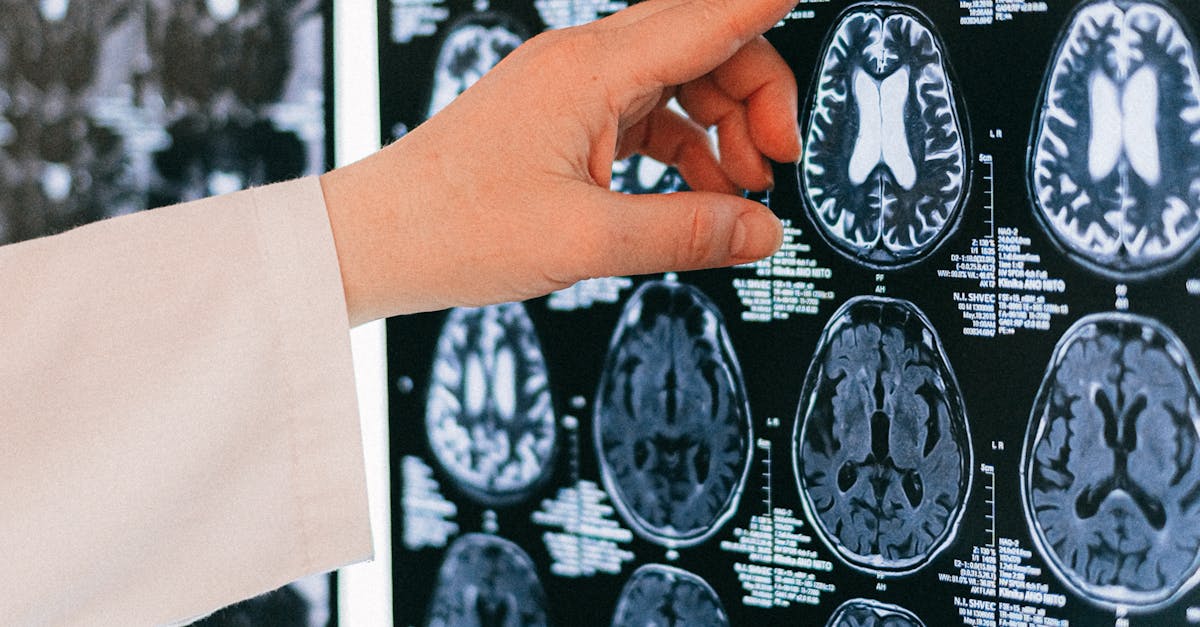When it comes to applying for disability benefits, understanding which medical conditions qualify can make a significant difference in your application process. The Social Security Administration (SSA) has a list of impairments that are deemed severe enough to automatically qualify an individual for disability benefits. This blog post delves into seven diseases that meet these criteria, providing a clear roadmap for those who may be struggling with debilitating health issues.
| Disease | Description |
|---|---|
| 1. Muscular Dystrophy | A group of genetic diseases causing progressive weakness and loss of muscle mass. |
| 2. Multiple Sclerosis | An autoimmune disease that affects the central nervous system, leading to mobility issues. |
| 3. Parkinson’s Disease | A progressive nervous system disorder that affects movement and coordination. |
| 4. Amyotrophic Lateral Sclerosis (ALS) | A neurodegenerative disease that affects nerve cells in the brain and spinal cord. |
| 5. Chronic Obstructive Pulmonary Disease (COPD) | A group of lung diseases that block airflow and make breathing difficult. |
| 6. Severe Heart Conditions | Conditions like congestive heart failure or coronary artery disease that severely impact heart function. |
| 7. Cancer | Advanced stages of cancer that can significantly impair daily functioning and quality of life. |
Muscular Dystrophy
Muscular dystrophy (MD) encompasses a group of genetic disorders characterized by progressive muscle degeneration and weakness. The most common form is Duchenne muscular dystrophy, which primarily affects boys and leads to severe disability over time. Individuals with MD often require assistance with daily activities, and the SSA recognizes the debilitating nature of this condition, making it eligible for disability benefits.

Multiple Sclerosis
Multiple sclerosis (MS) is a chronic disease that affects the central nervous system, leading to various neurological symptoms. These symptoms can include muscle weakness, coordination issues, and cognitive challenges. The unpredictable nature of MS, with periods of exacerbation and remission, can significantly hinder a person’s ability to work, thus qualifying them for disability benefits under the SSA guidelines.

Parkinson’s Disease
Parkinson’s disease is a progressive neurological disorder that affects movement control. Symptoms typically include tremors, stiffness, and difficulty with balance and coordination. As the disease advances, individuals may experience significant impairments that prevent them from maintaining gainful employment. The SSA recognizes the impact of Parkinson’s on daily living, allowing those affected to qualify for disability benefits.

Amyotrophic Lateral Sclerosis (ALS)
ALS, commonly known as Lou Gehrig’s disease, is a devastating neurodegenerative disorder that leads to the gradual loss of motor neurons. This results in muscle weakness, paralysis, and eventually respiratory failure. Given the severe nature of ALS and its rapid progression, individuals diagnosed with this disease automatically qualify for disability benefits through the SSA.

Chronic Obstructive Pulmonary Disease (COPD)
COPD is a progressive lung disease that includes chronic bronchitis and emphysema. It leads to breathing difficulties and can severely limit physical activity. Patients with advanced COPD often struggle with daily tasks due to breathlessness and fatigue, making it a condition that qualifies for disability benefits under the SSA’s guidelines.

Severe Heart Conditions
Individuals suffering from severe heart conditions such as congestive heart failure or coronary artery disease may find it challenging to perform physical activities. These conditions can lead to significant fatigue, shortness of breath, and other symptoms that prevent individuals from working. The SSA has specific listings for heart conditions that can qualify patients for disability benefits if they meet the required criteria.

Cancer
Advanced-stage cancer can have a profound impact on a person’s physical and mental health, making it difficult to carry out everyday activities or maintain employment. The SSA recognizes that the severity of cancer and its treatment can lead to disabling conditions. Individuals with terminal or significantly debilitating cancer may qualify for disability benefits, ensuring they receive the support they need during a challenging time.

FAQ
What is the process for applying for disability benefits?
The application process typically involves filling out a detailed form regarding your medical history, work history, and how your condition affects your daily life. You may also need to provide medical documentation from your healthcare provider. It’s advisable to seek assistance from a disability advocate or attorney to navigate the complexities of the application process.
How long does it take to get approved for disability benefits?
The time it takes to get approved for disability benefits can vary widely. On average, it can take several months for the SSA to process your application. If your application is denied, you can appeal the decision, which may take additional time.
Can I work while receiving disability benefits?
Yes, individuals on disability benefits may be allowed to work, but there are strict income limits and regulations that must be followed. The SSA has programs like the Ticket to Work program that allow beneficiaries to test their ability to work without immediately losing benefits.
Where can I find more information about qualifying conditions?
You can find detailed information about qualifying conditions on the [Social Security Administration’s official website](https://www.ssa.gov/disability/).
References:
– [Social Security Administration – Disability Benefits](https://www.ssa.gov/disability/)
– [CDC – Disabilities](https://www.cdc.gov/ncbddd/disabilityandhealth/index.html)
– [NIH – Muscular Dystrophy](https://www.ninds.nih.gov/health-information/patient-caregiver-education/diseases/muscular-dystrophy)
– [National Multiple Sclerosis Society](https://www.nationalmssociety.org/)
– [Parkinson’s Foundation](https://www.parkinson.org/)
– [ALS Association](https://www.als.org/)
– [COPD Foundation](https://www.copdfoundation.org/)
– [American Heart Association](https://www.heart.org/)
– [American Cancer Society](https://www.cancer.org/)




